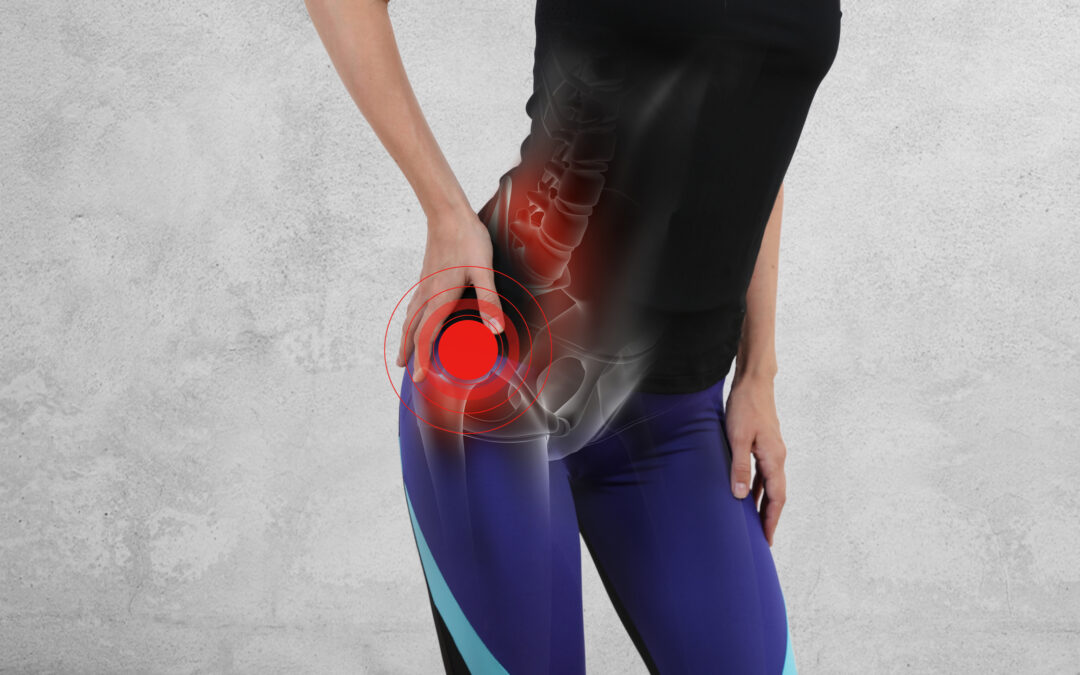Historically, hip pain and pathology were often overlooked or misdiagnosed. Pain originating from the hip joint is typically felt in the front of the hip and described to be in the groin area and may wrap toward the side of the hip. Sometimes people put their hand in the shape of a “C sign” and place it on their hip to describe where they feel the pain. Often people describe the pain as coming from the joint and felt deep in the hip socket. The pain usually gets worse with flexion – bringing the knee and thigh up towards the chest and with internal rotation – rotating the knee and thigh inward. Patients may also have pain over the side of the hip consistent with bursitis or abductor muscle pathology. The treatment of the hip is an emerging field within orthopedics. Over the past decade, we have learned to accurately diagnose hip disorders and successfully treat them with non-surgical and surgical options. It is very important to see an orthopedist who specializes in the hip for any source of hip pain to correctly identify the issue and develop the right treatment plan.
The labrum is a cartilage ring that outlines the bony socket of the hip joint (called the acetabulum). The labrum can be torn due to an injury or due to the underlying hip anatomy impinging or applying pressure over time. Labral tears are often associated with femoroacetabular impingement (FAI), a condition where the bony anatomy of the hip joint impinges or engages with the underlying structures. The socket (acetabulum) may have more overhang (pincer impingement), the femur may have extra bone known as cam impingement, or a combination of both. Athletes and active individuals are often predisposed to this disorder, especially if they are participating in activities that require a lot of hip motion such as, dancers, hockey players, soccer goalies, baseball catchers, figure skaters, or gymnastics.
Getting to the right doctor.
It is so important to see a trained orthopedic hip specialist as soon as possible for any hip pain/ condition. Typically, I will see patients that have been misdiagnosed and improperly treated for years by their primary care doctor, physical therapist, athletic trainer, or general ortho doctor (i.e. the infamous “groin pull” that never seems to get better)
To evaluate and diagnose the source of your hip pain, the doctor should always start with a thorough medical history, physical exam, and specialty x-rays which can show impingement. If a labral tear is suspected, your doctor may also order an MRI Arthrogram (a special MRI to look at the interior structures of the hip). Treatment for a labral tear always starts with conservative measures first – activity modification, anti- inflammatory medications, and physical therapy to strengthen, improve balance, and activate the muscles of the hip, pelvic girdle and core. Ultrasound guided injections can be performed in the office for diagnostic and therapeutic purposes.
For those patients who do not improve with nonoperative treatments, then surgery is often indicated. Labral tearing and FAI can be treated with minimally invasive hip arthroscopy. Utilizing a small camera, the labrum is repaired with anchors and the bony impingement is reshaped/contoured to a normal hip socket shape.
If you do require surgery, it is extremely important to seek out a doctor who is specialized in hip arthroscopy. A general orthopedic surgeon may not have the experience, be up to date on the newest techniques, or have the latest equipment available to perform the procedure. OrthoTexas performs this surgery with the Postless Traction Table system which eliminates the pain and complications that could occur with previous older techniques that required a post between the legs during surgery. Overall, the outcomes from surgery are excellent and the newer techniques continue to yield better and better results.
If you or someone you know is experiencing hip pain – don’t wait – come in and talk to a trained hip specialist. We will review all options with you and get you on the road to recovery.
Dr Kevin Myers is an Orthopedic Surgeon who specializes in Sports Medicine at OrthoTexas in Carrollton.

